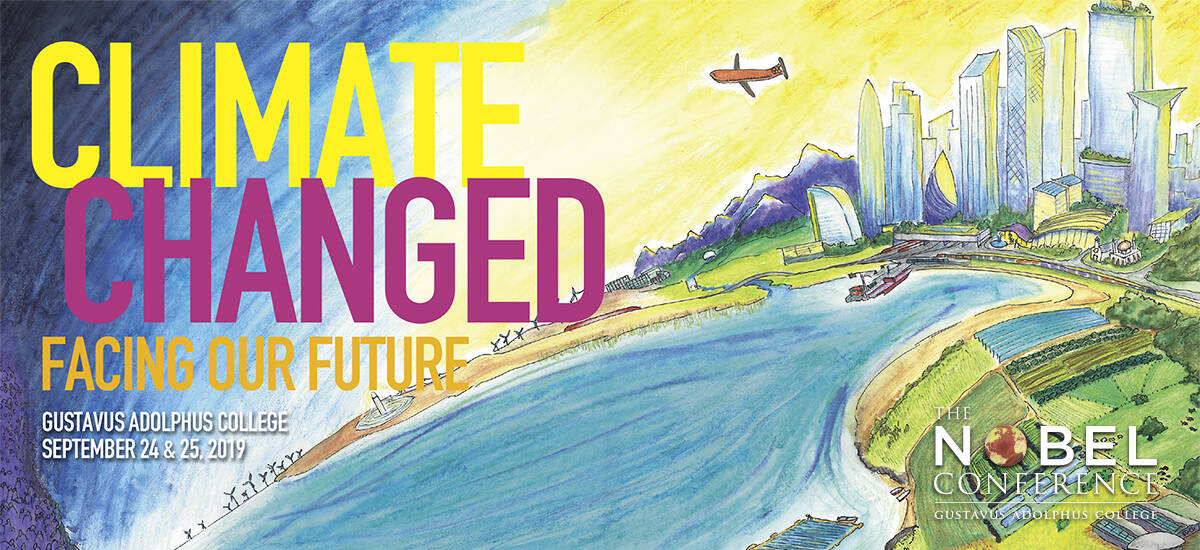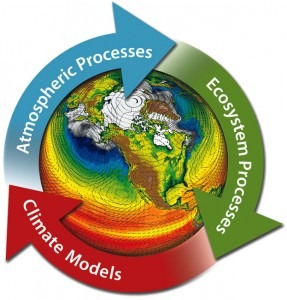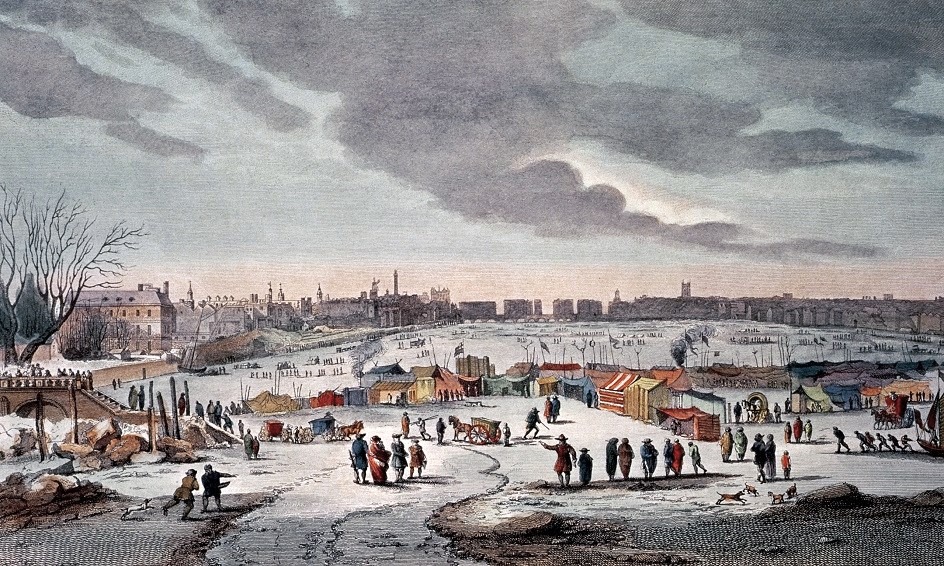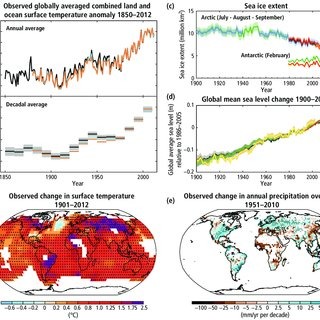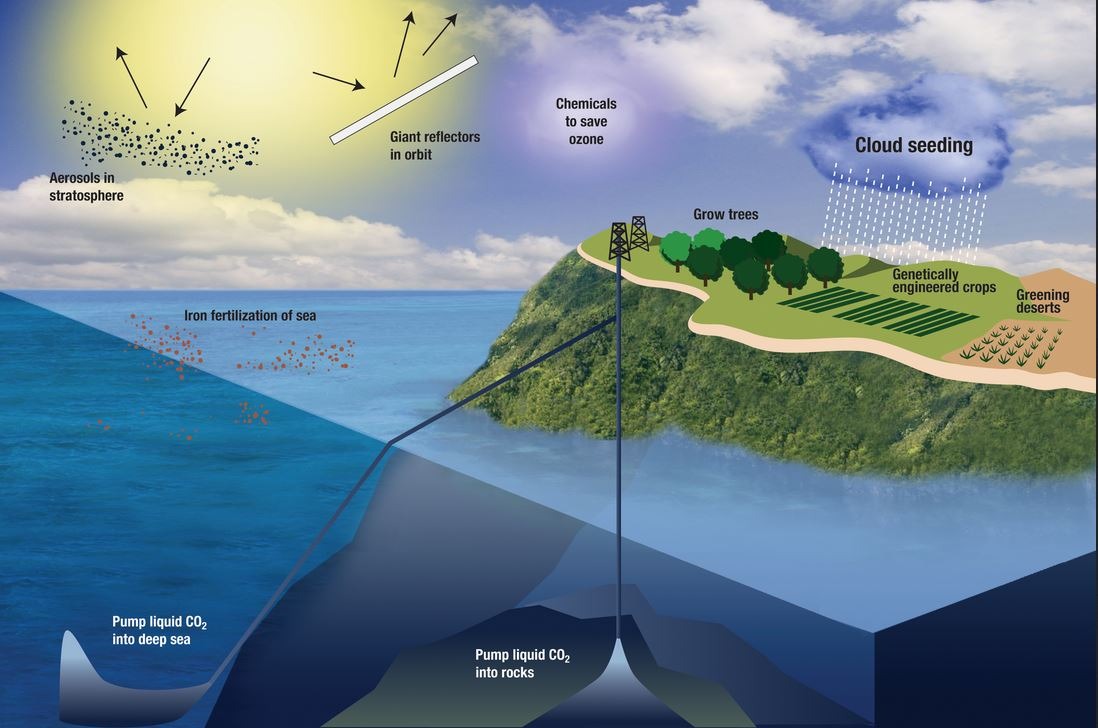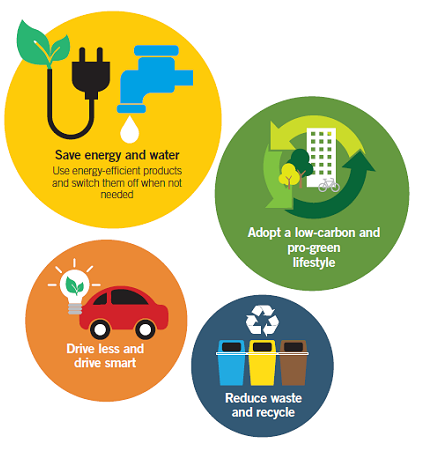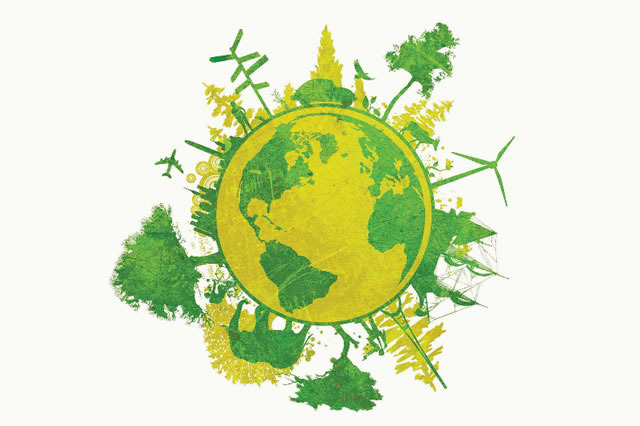What is climate science telling us?Understanding Climate Science
Mission
The Nobel Conference brings students, educators and members of the general public together with the leading thinkers of our time, to explore revolutionary, transformative and pressing scientific questions and the ethical issues that arise with them.
Atmospheric circulation, ocean temperatures, long and short term climate trends, land use changes, polar ice caps, glaciers, greenhouse gas levels, and much much more are all part of earth's climate system. Despite the complexity and a global scope of our climate, scientists have learned a lot about how all these factors interact. These resources highlight our current scientific understanding of climate and how our activities affect it.
Climate Change...the Apocalypse?
Science Versus Podcast - A 45 minute podcast providing a good overview on the history of science related to climate change.
Earth: The Operators' Manual
This PBS show features Nobel Conference speaker Richard Alley. Earth: The Operators’ Manual dispenses with politics, polemics or punditry; instead, it presents an objective, accessible assessment of the Earth’s problems and possibilities that will leave viewers informed, energized and optimistic.
100 Views of Climate Change
This is an all-purpose collection of climate change resources from Colorado State University.
Understanding Climate Change
Australian Department of the Environment and Energy website includes animations explaining how the greenhouse effect contributes to warming temperatures. It also describes how climate change has impacted temperatures, sea-level rise, extreme weather events and rainfall patterns.
Intergovernmental Panel on Climate Change Special Report: Global Warming of 1.5 Degrees Celsius
Nobel Conference speaker Diana Liverman's primary body of work in the IPCC which outlines the impacts of climate change, mitigation, and issues of human rights.
Rewards and Penalties of Monitoring the Earth
By Charles D. Keeling
A musing on his life work and its meaning, by the primary person who started measuring atmospheric CO2.
On the Influence of Carbonic Acid in the Air upon the Temperature of the Ground
By Svante Arrhenius
Arrhenius is sometimes gets called "The father of climate change." A Swede, he published this piece at the end of the 19th century; it fell into oblivion until it was rediscovered in the mid-twentieth century as people sought to try to understand rises in CO2 levels.
